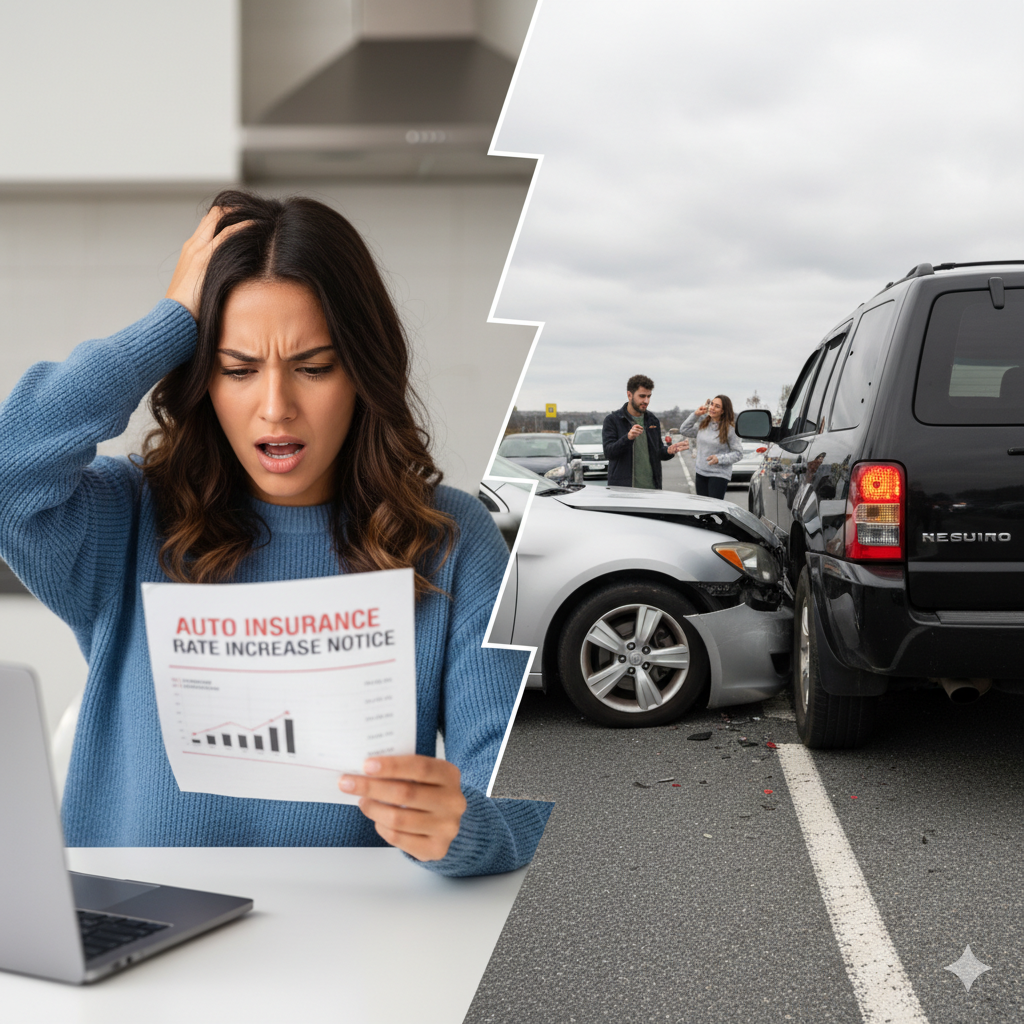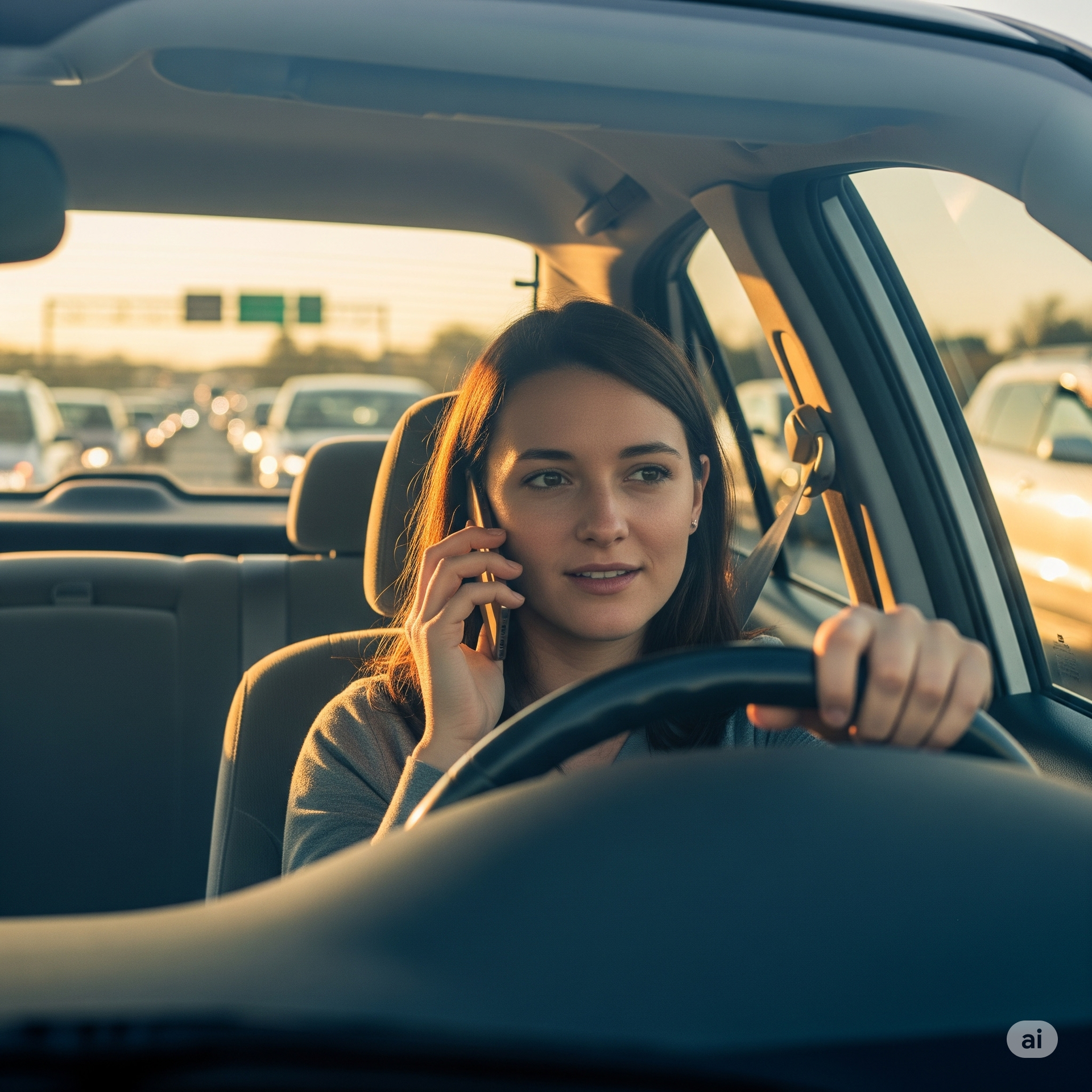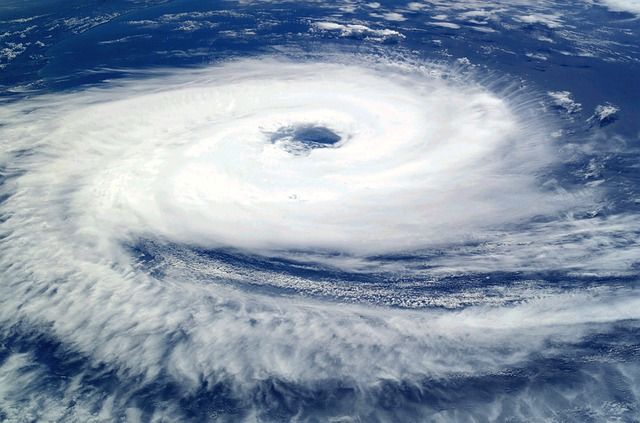Hurricane Preparedness
Hurricane Preparedness
Hurricane Preparedness
Your level of hurricane preparedness can have a significant impact on how well you weather the storm and how quickly you recover from it. Consider preparing your home, inside and out, now. In the end, you can never be too prepared protecting your loved ones and your property from hurricanes.
Know the Forecast
You may hear the terms “Hurricane Watch” and “Hurricane Warning” in your local forecast. Understanding the difference between them is essential to helping you prepare for a hurricane. As soon as a Hurricane Watch or Hurricane Warning is forecast for your area, it is important, begin or complete your preparations.
A Hurricane Watch means hurricane conditions are possible within 48 hours. Begin stocking up on emergency supplies in the event a warning is issued. If you live in a coastal area, you also should be prepared to evacuate.
A Hurricane Warning is more serious. Hurricane-force winds (74 mph or higher) are expected to hit your area within 36 hours. Seek shelter or evacuate, if notified to do so.
General Hurricane Preparation Tips
- Prepare a survival kit that includes items such as water, non-perishable food and medications for everyone, including your pets; a portable radio; flashlights; batteries; and battery chargers for your cell phones and other portable electronic devices, which can be powered by your car.
- Plan your evacuation route and leave as soon as an evacuation order is issued. Also, fuel up your car before you leave.
- Build a content inventory of the items in your home or at your business.
- Secure all outdoor objects or move them inside. Close your home’s storm shutters and board up windows and glass doors as appropriate.
- If possible, bring in gas or charcoal grills, but do not use them indoors. Also, do not store propane tanks inside the house or garage. Chain propane tanks in an upright position to a secure object away from your home.
- Secure your boat or move it to a safer place.
- For hurricane preparedness fill your emergency generator fuel tank, if you have one, and have spare fuel on hand. For hurricane preparedness, store generator fuel in an approved container in a garage or shed, away from open flames, heat sources and appliances such as natural gas appliances.
Five Tips to Help Prepare Your Home for a Hurricane
1. Help Avoid Water Damage
Heavy rains have the potential to cause significant water damage. Hurricane preparedness can help you prepare your home.
- Closing and locking all windows and doors and removing any window air conditioners.
- Removing valuable items from your basement or elevating them off of the floor.
- Clearing debris from exterior drains and gutters.
- Repairing damaged gutters and downspouts to make sure water can drain away from your foundation.
- Checking your sump pump and the battery backup to confirm they are working properly.
2. Monitor Your Trees
Hurricane preparedness – trees can be a hazard. Broken limbs or fallen trees — even uprooted shrubbery — could damage your home and fences, or your neighbor’s property.
Routinely maintain the trees around your home:
- Prune tree limbs within 10 feet of your home.
- Check for cracking or splitting in trees.
- Remove dead limbs and weakened trees.
3. Roofs, Doors, Windows and Skylights
It is important to keep wall openings, such as doors, windows and skylights protected. The roof, doors and windows of your house are vulnerable to wind damage. When houses are exposed to hurricanes, roofs are susceptible to damage, followed by walls and openings.
Strengthen doors and windows by:
- Installing reinforcing bolt kits at the top and bottom of doors.
- Reinforcing garage doors.
- Installing storm shutters over windows.
4. Secure Outdoor Items
If you live in an area that experiences high winds, outdoor items around your property that are not properly anchored can become airborne and cause damage.
- If high winds are expected in your area, move as many outdoor items indoors well before the high winds arrive. As mentioned earlier, do not store propane tanks in your home or garage.
- Adequately secure any remaining outdoor items that cannot be safely moved to protected areas.
5. Strengthen Your Exterior Structure
During a windstorm, wind forces travel from the roof down to the exterior walls to the foundation. Homes can be damaged when wind and wind-driven water gets under the home’s siding.
Strengthen exteriors by employing a contractor to:
- Install hurricane straps to reinforce roof-to-wall and wall-to-foundation connections.
- Retrofit soffits to help ensure they remain in place in high winds.
- Properly brace roof trusses.
The post Hurricane Preparedness appeared first on Select Source Insurance Group.




